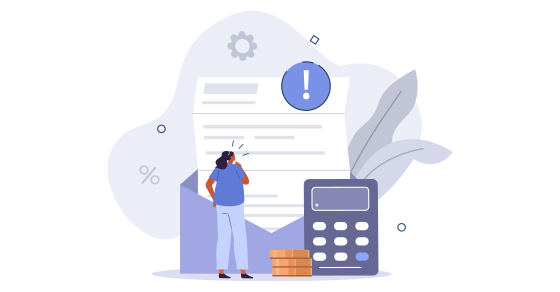Lack of Proper Documentation Leads to Denied Tax Deductions
Self-employed individuals can deduct “ordinary and necessary” business expenses, just like large corporations. However, they must follow strict substantiation rules to claim these deductions. In a recent case—Kalk, TC Memo 2024-82 (9/4/24)—a taxpayer learned this lesson the hard way.
The Tax Court ruled in favor of the IRS, stating that without proper documentation, business expense deductions cannot be allowed.
Understanding Business Expense Deductions
Under Section 162 of the tax code, businesses can deduct expenses that meet two key criteria:
- Ordinary – The expense is common and accepted in the industry.
- Necessary – The expense is helpful and appropriate for the business.
These deductions can include:
- Office expenses
- Vehicle costs
- Professional services
- Travel expenses
However, businesses must maintain detailed records to claim them. The IRS requires documentation showing:
- Amount of the expense
- Date and time
- Business purpose
- Parties involved (for meals and entertainment)
Failure to meet these substantiation rules can lead to denied deductions and IRS penalties.
Case Overview: A Costly Mistake
In Kalk, TC Memo 2024-82, the taxpayer was a self-employed software consultant providing software installation and training services.
Key Issues with the Taxpayer’s Claim:
a. Failed to provide a statement of work detailing her services.
b. Invoices lacked descriptions of the work performed.
c. Claimed $274,000 in business expenses but did not provide receipts, credit card statements, or other supporting documents.
d. Included commuting expenses, vehicle costs, parking fees, and meals, but failed to prove they were business-related.
As a result, the IRS denied her deductions, and the Tax Court upheld the decision.
- The Tax Court emphasized that she did not provide a shred of documentary evidence to support her claims.
Lessons from This Tax Court Ruling
- Keep Detailed Records – Maintain receipts, invoices, and credit card statements for every business expense.
- Know What’s Deductible – Personal expenses like commuting costs and meals don’t always qualify.
- Document Business Use – For home offices and vehicles, keep logs and written proof showing business-related use.
- Follow IRS Guidelines – Certain expenses, like listed property (vehicles, computers, etc.), have stricter documentation rules.
The bottom line: If you can’t prove it, you can’t deduct it.
As a tax professional – Revolutionize your tax workflow with our complete suite of tools: onboarding links, initial interviews, compliance planning, calendars, messaging, task management, and TaxMan for advanced tax research. Please sign up. Our resource directory also offers valuable links to assist in managing various financial and legal aspects of a business or individual.








